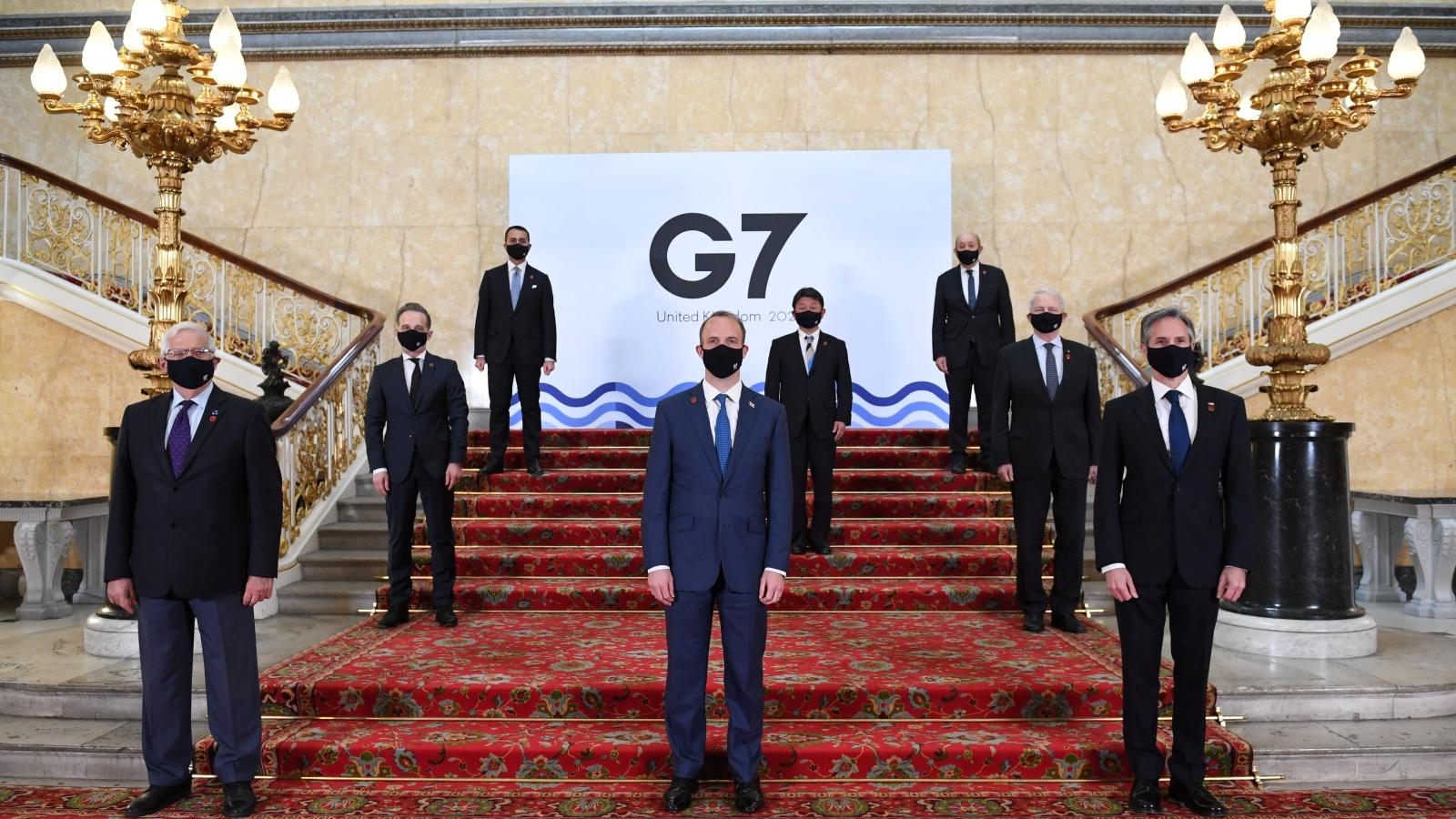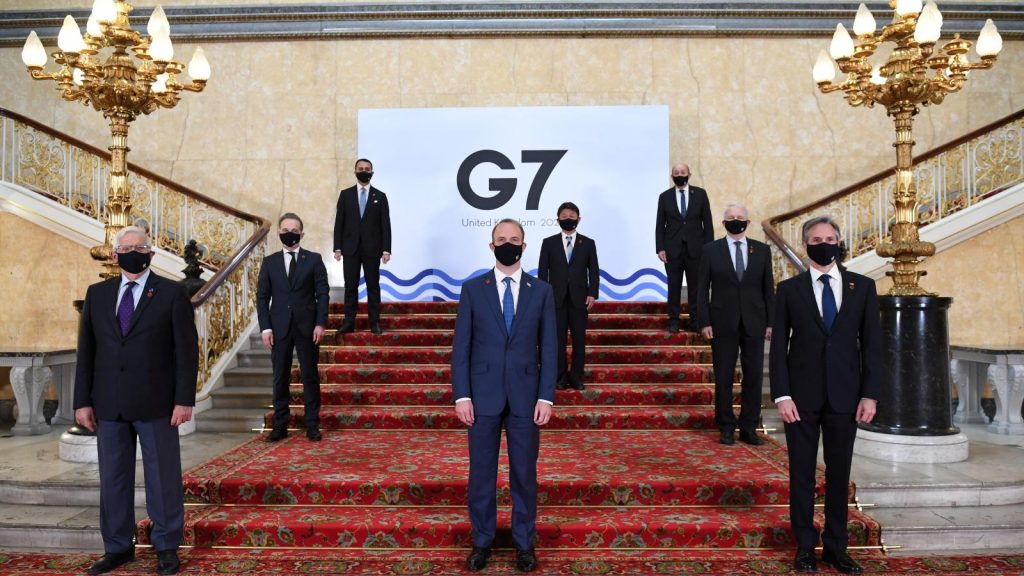
As the globe braces for a considerable emphasis on environmental issues at the G7 summit, Britain’s 100 richest families are being asked to give £1 billion over the next five years to deal with the climate disaster and stop the devastation of the natural world.
In order to avert imminent catastrophes that would endanger all their other philanthropic endeavours, each of the 100 wealthiest families in Britain, and the 100 largest charitable foundations, have received a letter requesting that they make the climate and biodiversity disasters a target of their supposed charitable efforts.
The letter reads: “We are at a tipping point: without concerted and radical action, the current trends of extreme weather, increasingly hostile living conditions and ailing nature will accelerate. The environment is humanity’s life support. Yet the human systems we have collectively established – economic, industrial, even political – are changing our climate, endangering our fellow species, and diminishing our health and wellbeing. Whatever causes you care about and already fund will undoubtedly be impacted by climate change.”
It’s thought that the signatories wish to boost funding by £1 billion by 2025, despite the letter not asking for exact numbers. Currently, only 4% of the funding from British charitable trusts and foundations goes to environmental issues, including climate change.
Many of the recipients, consisting of the Top 100 names and families that crop up in this year’s Sunday Times Rich List, doubtlessly have investments or substantial networks with high-carbon industries or fossil fuels. For example, Sir Jim Ratcliffe, the CEO of the chemical giant Ineos, has strong fracking interests.
However, the letter doesn’t challenge these high-carbon interests or the billionaires’ lifestyles.
In Britain, there is a “polluter elite” that supplies the bulk of greenhouse gas emissions, according to research from the Cambridge Sustainability Commission on Scaling Behaviour Change. This is further compounded by the fact that the poorest half of the EU population reduced their emissions from 1990 to 2015 by a quarter whereas the richest expanded their emissions by 10%.
In order to stay within the 1.5°C limit on worldwide heating set out in the Paris agreement, the report highlighted that the top 1% would have to decrease their emissions by a factor of 30 in the coming decade, while the poorest could multiply their emissions threefold.
Private jet use has skyrocketed during restrictions under the pandemic and plenty of billionaires have seen their revenues soar, reflected in the increasingly polarised class relations seen today.
This letter doesn’t spark any hope that change will come because not only do capitalists thrive on the exploitation of workers but also nature. Capitalists are the ones who are destroying ecosystems, creating climate refugees who are torn from their homes so that capitalists can make profits, and driving the unlimited extinction of species vital to our survival.
The drive towards accumulation and the domination of corporate giants, such as Ineos, has ensured that cost cutting has brought us to the brink of planetary annihilation. No letter is going to incentivise capitalists to put human needs before profits.
The key commodities that drive our economy are oil, steel and other high-carbon products. These markets will keep expanding because profit is still being made, therefore no billionaire is going to walk away from investments in these industries. To think that a suggestive tone in a letter is going to change that fact is laughable.
But because this system depends on exploitation, we, as the exploited, are in a position to bring that system down, saving our planet from ecological destruction.
Georgina Andrews




